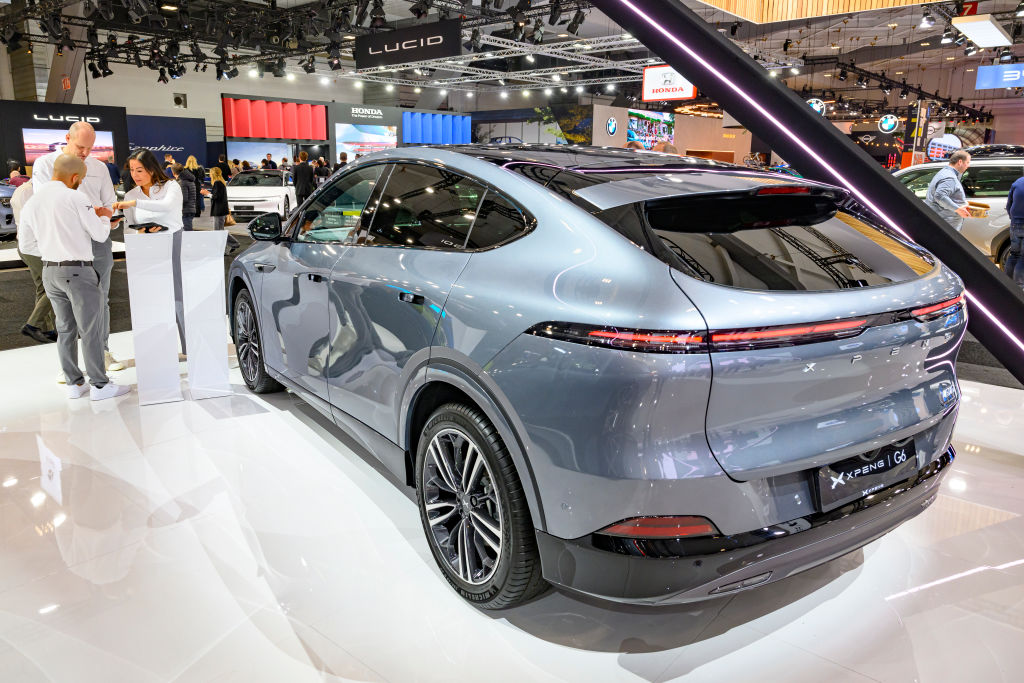In August 2024, the United States (U.S.) hiked tariffs on Chinese electric vehicles (EVs) to 100% while the European Union (E.U.) increased tariffs by up to 45.3% in October 2024. The EU’s tariffs differ by manufacturer between 7.8% to 35.3%, over its standard 10% import duty.
Futurist and business strategist Dr Craig Wing tells FORBES AFRICA that the decision by the U.S. and E.U. to impose tariffs on Chinese EVs is a complex issue with far-reaching implications, driven by protectionist policies and the desire to protect domestic markets from competition from Chinese EV manufacturers.
“While this may seem like a simple strategy to protect local economies, this move also creates new pathways and opportunities, and has several important implications for emerging markets like those in Africa,” says Wing.

A new legislation in South Africa that introduces a 150% tax incentive for the production of electric and hydrogen vehicles was signed into law on January 3 2025.
The 150% tax deduction, effective March 2026, is for qualifying investments capped at R500 million ($26.6 million) for the 2026/27 tax year.
Loading...
In the same month, Mikel Mabasa, CEO of Naamsa, the Automotive Business Council, said in an interview that at least three Chinese EVs have signed NDAs with them, adding, “With good government policies, we will attract new investment, we will increase and retain investment.”
Wing says this shift is critical: “It represents an opportunity to diversify the availability of EV models in South Africa, which will undoubtedly drive down the prices and make EVs more accessible, but also create a new ecosystem of jobs in both the automotive and associated industries.
“There is also a real risk of creating a dependency on a single source market for technology (China), and this should be balanced by fostering local innovation and skills development within the local workforce, and by focusing on building strong trade relationships with various other global players.”
South Africa’s EV landscape in 2025 and beyond will be shaped by multiple factors, not just technology, but social, cultural, ethical and political factors, says Wing.
It’s important to address the influence of Elon Musk, who is South African-born and the CEO of Tesla, as his political views in the U.S. are well documented, and can shape public perceptions of EVs, he says.
“It is extremely likely he will be acting as a key advisor on technology and business and should be closely watched, as it has the potential to further shape U.S. trade policy, and also the future of the EV market in Africa, as well as other emerging economies.”
“It is a clear reality that what happens in the U.S. has a ripple effect on the rest of the world, and so the role of Elon Musk cannot be ignored,” concludes Wing.
Loading...
